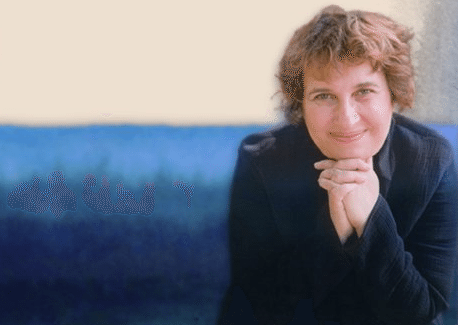By Jen Weigel
Chicago Tribune
If you think being happy at work sounds like an oxymoron, you’re not alone.
“The idea of happiness in the workplace people find strange,” said Sharon Salzberg, author of the book “Real Happiness at Work,” Workman Publishing Company.
“I’ve gotten feedback that we are not supposed to have fun at work, that’s why we call it work. We don’t call it play.”
But Salzberg says happiness at work is an attainable goal.
One of the ways to find your happy place at the office, Salzberg said, is through meditation.
“People have a lot of concepts and notions about what meditation is and what it should look like and if people are not used to it, they struggle with doing it,” she said.
Salzberg said she has encountered a wide range of people who were interested in learning meditation, from writers and artists, to teachers, firefighters and hedge fund managers.
While the professions varied, Salzberg said, they all had a common theme, the desire for a sense of meaning in the workplace.
“People are realizing that they may not find the meaning in the job description or in the task,” she said. “It’s something you have to bring forward into the work.”
The meditations people enjoyed the most, Salzberg said, were what she calls “stealth meditations,” or ways to bring awareness into everyday tasks.
“Begin your work day and think about one particular action you want to become more aware of,” she said. “This can be something that is brief when you do it but it might something you do several times a day, like opening a door, or greeting customers or clients. Maybe it’s reaching for the phone. And try not to pick up the phone on the first ring but let it ring three times and breathe. Any time we can pause, we are better off. You’ll get more centered.”
Here are some of Salzberg’s tips for finding happiness at work:
Value every encounter. “Everybody wants to be happy and we are all looking for a sense of meaning and fulfillment, so when you realize that everybody counts and everybody matters, the way we treat one another will do a lot for our personal satisfaction. I’ve had a day change for the better because of a taxi driver or customer service person on the phone.”
Realize there’s enough abundance for everybody. “What makes joy for others tough is the fear there isn’t enough to go around,” she said. “When someone gets an award or gets praise, someone might feel, ‘That should have been me’ … and that’s not necessarily true at all. We need to see those thoughts, we recognize them for what they are, and we wish someone well.”
Forgive yourself. “Somebody told me, ‘I don’t buy this forgiving yourself thing because if I’m at work and I make a mistake and I forgive myself, that’s just permission to keep making mistakes.’ And I said, ‘If you make a mistake and then spend the next week and a half only thinking about the mistake, you also forget the good things you did and you keep reliving that mistake over and over. How energized will you be to go back and pick up the pieces and start over? Probably not very. So forgiveness is actually a potent way to make progress and make change.'”
Don’t multitask with your pleasure activity. “If you like having a cup of tea, don’t sip your tea while you’re answering emails and having a conference call and watching the headlines on TV. Just drink the tea. Feel the warmth of the cup. Smell the tea and taste the tea.”
Take care of yourself. “Research shows those who are well rested and take care of themselves are happier at work. Even taking small breaks during the day can help. Some people don’t even take lunch breaks! Sometimes we are kinder to others than we are to ourselves and more fair and more forgiving and we do need to have some amount of self-care. Our tank can get kind of empty and we can’t go on forever and ever without replenishing and taking care of ourselves.”
Never give up. “I do hear a response that concerns me, which is ‘I tried that (meditation) once but I failed at it.’ People have lists of excuses, ‘I couldn’t make my mind blank.’ ‘I couldn’t avoid getting distracted by the noise.’ Whatever it might be. And really you can’t fail at meditation. Meditation is not about what’s happening, it is about how we’re relating to what’s happening. If we get distracted a whole lot, it’s about beginning again without condemning ourselves. … It’s mental training the way some might do physical training for your body.”














































































































































































































































































































































































